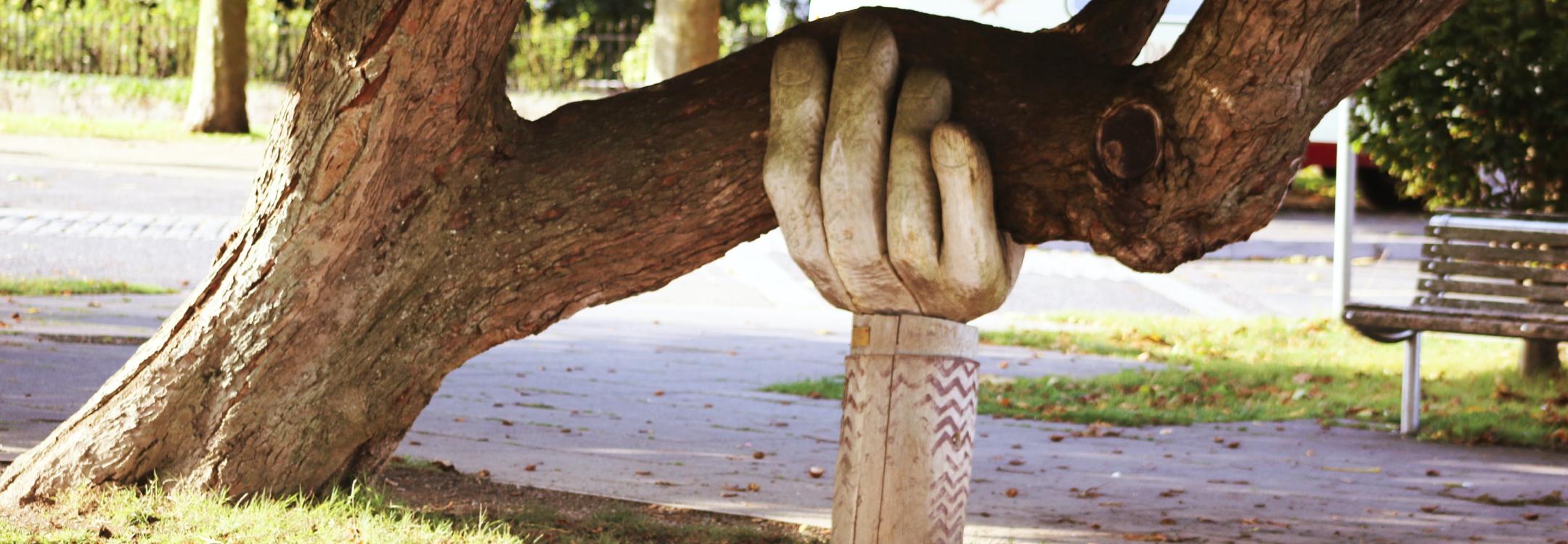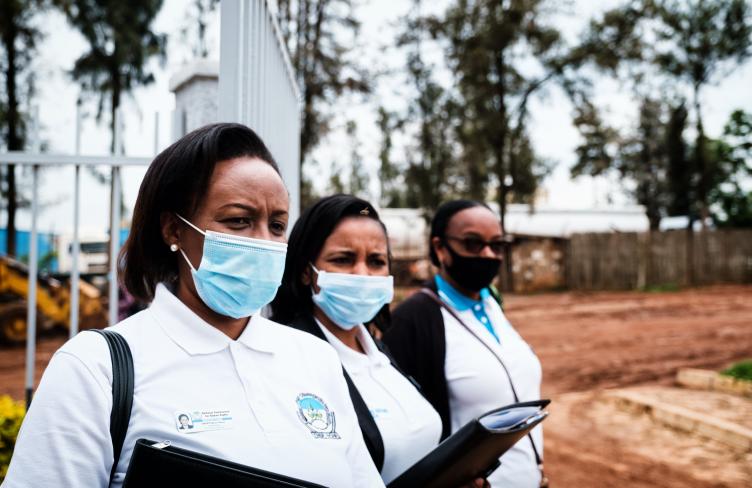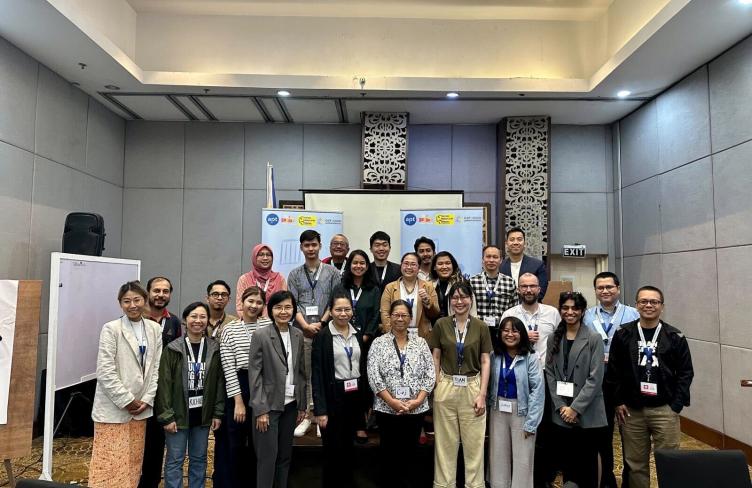
In Panama, the National Preventive Mechanism (NPM) will be attached to the Ombudsperson’s Office, according to the NPM law adopted early 2017. This law also allows for active participation of civil society in the establishment and functioning of the NPM. Accordingly, the APT gathered 17 civil society organisations (CSOs) in Panama to discuss how they could further support the establishment process and meaningfully contribute to the future NPM functioning.
According to the NPM Law, CSOs can participate in the NPM’s Selection Committee and Consultative Council, and are invited to take part as experts in the NPM’s annual planning. However, the law is still relatively unknown in Panama across all sectors of society. Hence, APT gathered relevant CSOs to encourage them, as well as to provide them with the tools to better contribute to the establishment of this new torture prevention mechanism. The meeting enabled CSOs to discuss main challenges in the fight against torture and shared concrete ideas, ranging from how to disseminate information on the role and functions of a National Preventive Mechanism through to how they could meaningfully contribute to its functioning.
Participants discussed the definition of torture, key element of prevention as well as the particular role that NPMs play in preventing abuses from taking place in the first place. With this knowledge in mind, CSOs present took on to further share the role, functions and mandate of the NPM with their peers, as well as to make the most of the spaces created by the NPM Law to engage in dialogue with the new NPM.
Panama became the 10th Latin American State to adopt an NPM Law in 2017. The law creates a National Direction attached to the Ombudsperson’s Office as the new NPM. The National Direction shall be composed by one Director, one Deputy Director and their technical staff. The Director and Deputy Director are currently being chosen by a plural Selection Committee, made of 3 State representatives (from the Executive, the Legislative and the Judiciary) and 2 representatives of civil society. The NPM shall also rely upon 5 members – which will form the Consultative Council – of which 4 should be chosen by CSOs for a period of three years.
Panama ratified the Optional Protocol to the Convention against Torture (OPCAT) on 2 June 2011. For more information on:
- Panama’s implementation of the OPCAT, please access our OPCAT Database.
- Our work in Panama, please click here
APT Sara Vera López on the definition of torture
APT Audrey Olivier Muralt and Panama University Daniel Pineda address the various collaboration opportunities between the NPM and Civil Society.
Participants to the discussion on “The Role of Civil Society in the Prevention of Torture in Panama”


